News& Information
-
Medical Trends
 Home -> News& Information -> Medical Trends
Home -> News& Information -> Medical Trends
Children Attention and Learning
Good attention is critical for children to smoothly process the information they learn each day, from short-term working memory to long-term memory, which is vital for deep and lasting learning. As children study and listen in class, they use attention and concentration to transfer information to short-term memory, which eventually transferred to long-term memory through repetition. However, every child learns at a different pace, which explains why some students are quicker to retain and recall information.
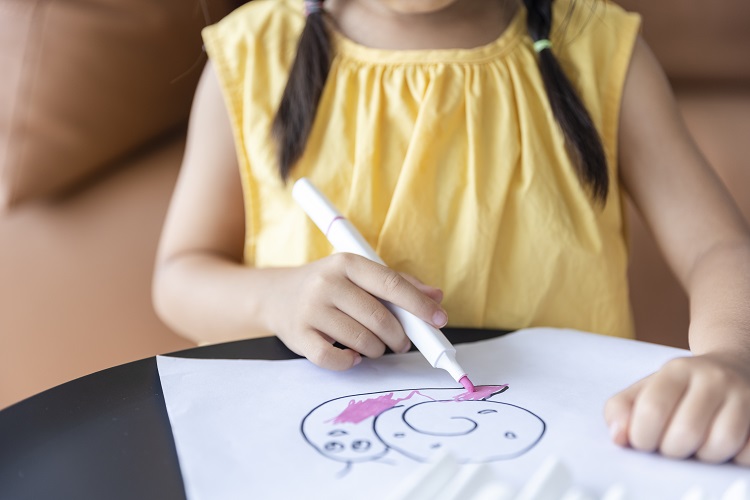
Attention improves when children feel happy and less anxious or stressed. This is why poor attention doesn’t always indicate Attention Deficit Hyperactivity Disorder (ADHD). In my professional experience, I have encountered some children referred for psychoeducational assessments due to suspected ADHD, but after evaluation, the root of their inattention or hyperactivity for somewere anxiety, sadness, or family stress. Addressing these emotional issues often led to a significant improvement in their attention and learning.
Even adults who experience high levels of stress can struggle with short-term memory. For example, if you can’t clearly remember what you had for dinner last night, this could be a sign that stress is impacting your short-term memory. Similarly, children’s poor attention and memory can also result from stress, anxiety, or even underlying medical conditions like poor blood circulation in the brain, brain atrophy, brain trauma and or closed head injury. This is why it’s important for parents to regularly talk with their children about their day, school, and emotional well-being, providing support without applying pressure or punishment. If further help is needed, a child psychologist can assist in resolving these challenges.
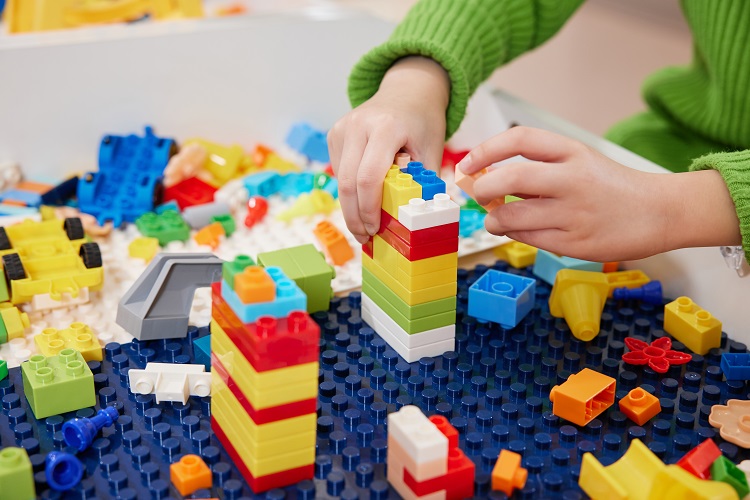
Poor attention can also stem from genetic factors or prenatal influences on brain development, such as a mother’s health during pregnancy, mother’s exposure to stress, illness, or taking medication while pregnant specially in the first three month of pregnancy when fetus brain is developing. Other medical condition including child seizure such as petit mal seizure may also affect the child’s attention and temperament.
01、ADHD
Symptoms of ADHD can emerge as early as age four but often become more noticeable when a child enters school. These children, though often highly intelligent, struggle with attention and concentration, which negatively impacts their academic performance and self-confidence. If left untreated, this can lead to anxiety, depression, and behavioral problems and some of them end up becoming adults with ADHD with numerous challenges in future.
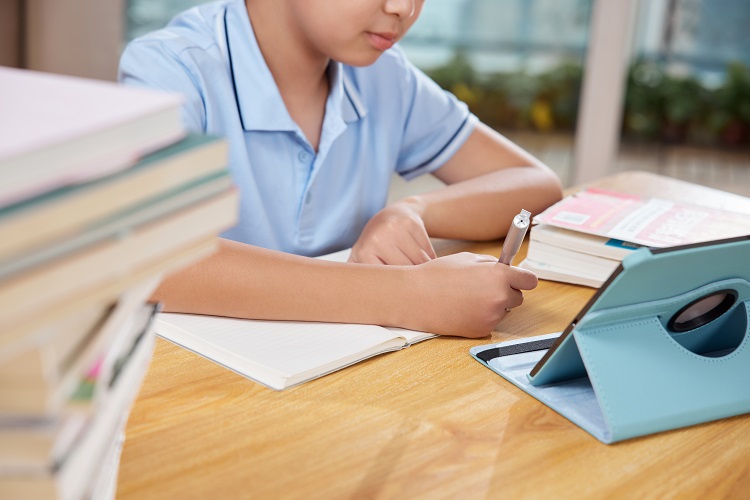
In my experience, I have seen some of both expat and local parents misinterpret the symptoms of ADHD as simple naughtiness. As a result, these children missed the opportunity to have psychological assessment and treatment, continuing to struggle unnecessarily as well as having negative affect on their daily learning.
Here are a few common symptoms of ADHD:
Difficulty with sustaining attention
Hyperactivity
Frequently losing belongings
Difficulty completing tasks, such as homework
Messy or error-filled work
Behavioral issues, anger
Easily distracted and poor concentration
Impulsivity and risky behavior
Difficulty waiting
Excessive talking
Disorganization
Difficulty sitting still
Boredom with tasks requiring focus
Often interested in video games since it is a fast pace task and not boring to them
Anxiety or depression
(Having a few of above signs does not mean child has ADHD. To establish the ADHD diagnosis child psychologist will require to see the parents, child and conduct extensive psychological assessment to establish the diagnosis of ADHD.)
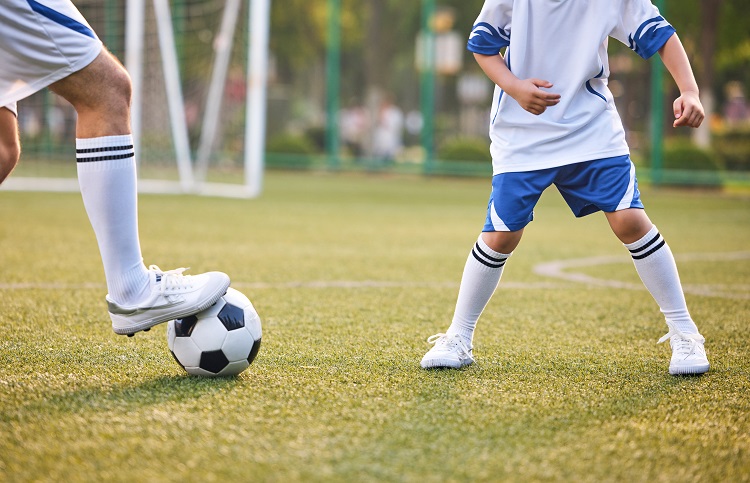
02、Treatment and Training Options
Medication: While medications can temporarily alleviate symptoms, they don’t treat the root problem and often come with side effects, such as liver and kidney issues or growth inhibition. Regular blood tests are necessary to monitor these negative effects.
Psychological Treatment: Child psychologists conduct psychoeducational and neuropsychological assessments as well as several other specialized tests to confirm diagnosis. Treatment includes building self-esteem, reducing anxiety and depression, attention training (using biofeedback and neurofeedback training), Sensory Integration training, play therapy, sand play therapy, counseling including CBT, parenting training and working with schools to adjust learning requirements. In some cases, additional phonics-based, multisensory training and training the executive function are beneficial.
Some children with ADHD face challenges because of issues with executive function which affects negatively on their time management, working memory, emotional self control, focus, organization and more. In addition, many of these children struggle with learning, especially in areas like reading, writing, or math. Phonic based multisensory learning activates all of a child's senses, which helps make learning easier to understand and remember. This approach leads to faster learning progress and more lasting results.
Neurofeedback Training: This fun, game-based method helps train children’s brains, may improve attention, memory, and learning through enjoyable activities like clinical video games and cartoons. It is especially effective for children with ADHD, learning difficulties and Dyslexia.
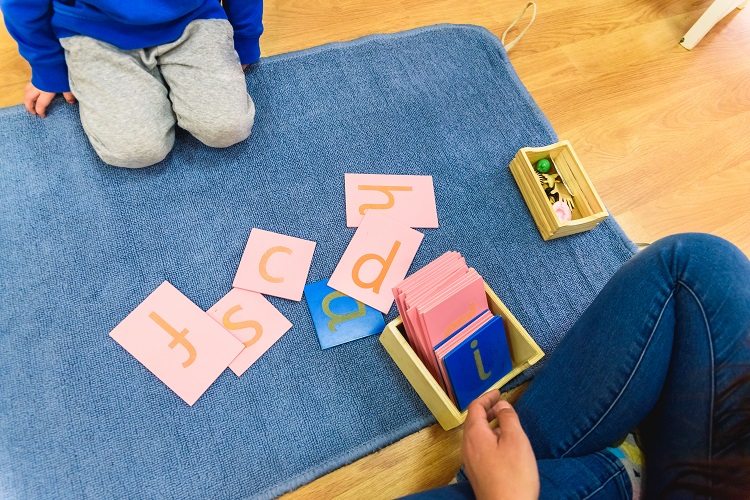
Diet: Parents should consult with their child's physician regarding vitamins and supplements that may support brain health, such as B-complex vitamins and Omega 3.
Physical Activity: Sports like Taiqi can improve memory, attention, and emotional well-being while boosting children’s self-confidence. Physical activity stimulates endorphin production, reducing hyperactivity, improving attention and good mood.
Ultimately, children who may seem disruptive or perform poorly in school might be struggling with ADHD. With proper assessment and the right psychological treatments, including neurofeedback training and additional special learning trainings these children can see improvements in their attention, learning, memory and overall happiness.
-End-
For the convenience of busy families with today’s fast pace life style, we provide our services on weekends and on most holidays, when children are out of school. This helps students and parents to have access to help as soon as possible most effective support they can receive from Dr. Mike multi-facet psychoeducational services.




